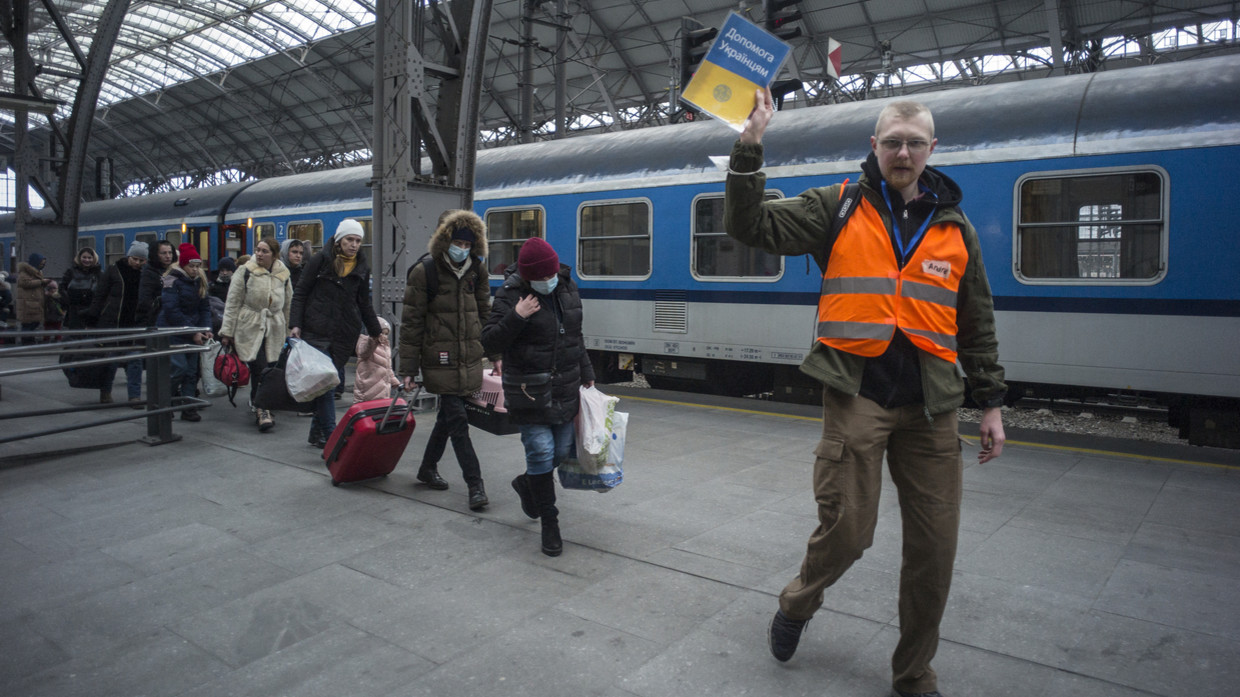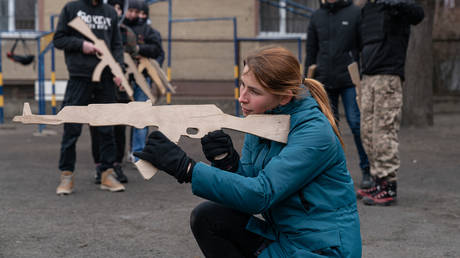The Czech Republic announced on Wednesday that it would not send military-age men who arrived as refugees back to Ukraine to be conscripted. Germany, Austria and Hungary have already made similar declarations.
European conventions exclude extradition for charges such as desertion or draft evasion, Czech Justice Ministry spokesman Vladimir Repka told the outlet iDnes. However, he added that if Ukraine files individual extradition requests citing a specific criminal act they may have committed, Prague may give them more consideration.
Hungary has ruled out any extraditions outright.
“We are not investigating any Ukrainian refugees to determine if they have been called up for military service. Hungary will not extradite them to Ukraine,” Deputy Prime Minister Zsolt Semjén told the outlet ATV on Wednesday. “All refugees from Ukraine are safe in Hungary.”
German officials who spoke to state broadcaster Deutsche Welle earlier this week said that Berlin did not intend to send draft-eligible refugees back, since desertion and draft evasion are not crimes under German law. There are over 123,000 Ukrainian men of military age who are in Germany as refugees, according to official estimates.
Austria was the first to refuse extradition of military-age men. There are about 14,000 potential draftees among the 101,000 Ukrainian refugees in the country.
“That would be a massive encroachment on our statehood, we would never do that,” a spokesman for the Interior Ministry told the outlet Exxpress on September 7.
On the other hand, Poland has already begun sending some Ukrainian men back, according to Hungarian media reports.
A senior lawmaker from President Vladimir Zelensky’s ruling party said in late August that Ukraine might seek extradition of draft-dodgers from the EU. The government in Kiev recently announced another round of mobilization in order to make up battlefield losses, which Russian President Vladimir Putin estimated at over 70,000 in the past three months of heavy fighting.
Zelensky fired all draft commissioners last month and ordered a review of all medical exemptions from military service, citing widespread corruption. New rules were adopted allowing for the conscription of people with mental disorders, chronic diseases, tuberculosis and HIV.


